Things You Already Know about French – When you start learning French as an English speaker, you might feel you are totally starting from scratch – especially if learning French is your first time learning a new language! While the differences between French and English might seem insurmountable, it might encourage you to know that actually, if you are an English speaker, you already have a few factors on your side when it comes to French language learning.
What do you already know about France? Here are a few things you already know that might encourage you as you begin your French language learning journey!
You already know the alphabet
We know, it seems too small a thing to celebrate. But the reality is, if you know the English alphabet, you’re ten steps ahead! The English and French alphabets are almost exactly the same, which saves you a ton of mental time and energy in the learning process.
Just ask someone coming into French language learning from a language with Arabic or Asian roots. When you start out already knowing the alphabet, and the basic ways the letters work together, you are able to focus your energy on learning vocabulary, pronunciation, and grammar, rather than spending time learning a new alphabet.
While our French tutors can teach anyone French, regardless of their native tongue, if you come to French language learning with an awareness of the Roman alphabet, count yourself lucky. Some of the letters have different pronunciations in each language, so you might not need time to learn to pronounce even simple French words, but you do already know the basics of the sounds the letters represent.
You already know some French words
You might think the only French words you know are ‘bonjour’ and ‘croissant.’ But we can guarantee you, you know some French vocabulary already! French and English share some Latin roots, and it’s estimated that French and English share around 30% of their words!
If you ever use words like déjà vu, á la mode, RSVP, faux pas, or cliché, you’ve got a head start on your French vocabulary. In fact, if you can look at these words through fresh eyes, you’ll learn how to incorporate them into your French conversation. For example, déjà means ‘already’, and vu is the past tense of the verb ‘to see.’
Voilà (there’s another one!), you already have two words you can use in conversation, and you already knew them!
Not only do you know a few strictly French words, but you know some words in English that can directly translate! Words that English speakers use in everyday life like restaurant, camouflage, chauffeur, and fiancé are French words that are spelled the same in both languages and mean the same thing.
If you need a boost of confidence, make a list of all the French words you already use in your daily life and be encouraged at how much vocabulary you already have!
There are so many words shared between the two languages, that the more you improve your vocabulary in one language, the more your vocabulary in the other language will also improve. Not every word that looks the same in French and English means the same thing, but for now, celebrate that you know some French words!
You already know letters can be silent
When you start learning French you might be overwhelmed with what seems like big chunks of words that go unpronounced. Why are there so many silent letters? How will you ever learn which letters are silent and which aren’t?
When you started learning to read and spell in English, you probably felt constantly frustrated by ever-changing rules! It seems as soon as you learned one rule, there was an exception, and as soon as you learned to read the easy words, along came words with dreaded silent letters!
If you’re a native English speaker, you’re already used to flexible rules. Words like ‘doubt’, ‘through,’ and ‘psychology’ all have silent letters that stumped you when you were learning to read and spell, and you learned quickly that when a word has an ‘e’ on the end of it, the vowel sounds change.
You’re already aware that letters can be silent, and that groups of letters can work together to form one sound. You’re even used to tricky rule changes – you know that “through” and “rough” don’t rhyme.
When the plethora of silent letters in French start to frustrate you, remind yourself that you’ve done this before.
You already know grammar rules
So maybe you haven’t diagrammed a sentence since middle school, but you likely know there are nouns (person, place, or thing), verbs (action words), prepositions, articles, and more. When you begin learning French, having basic knowledge of English grammar will help you learn French grammar much more quickly.
After all, learning a new language means that you have to go back to the basics. You can expect to get frustrated over the simplest grammar rules, but when you can learn to see parallels between French grammar and English grammar, forming sentences will start coming more easily to you.
Of course, all the grammar rules aren’t the same, but the good news is you don’t have to learn a totally new concept of sentence structure. The bad news is, if you asked your middle school English teacher when you would need to know grammar rules, they are getting the last laugh!
If you’ve started working with a French tutor, you are already on your way to accomplishing your goal of learning French. If you’re starting out as an English speaker, you’re starting from nothing – you already have some skills and knowledge in a place that will help launch you to success in your French language learning journey!





